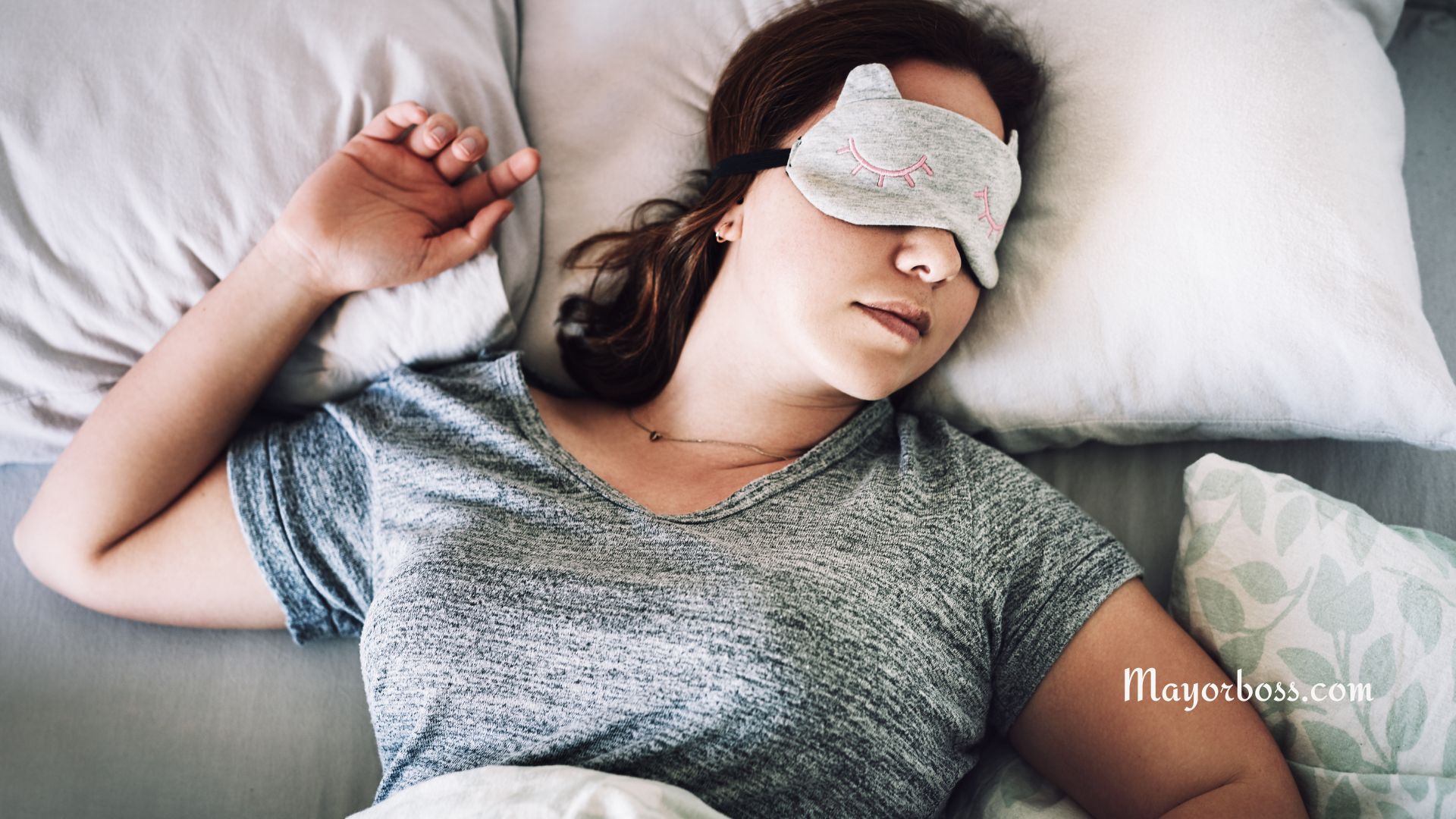How to Get the Best Quality Sleep Each Night
What is the best quality sleep?
The best quality sleep is deep, restful, and uninterrupted sleep. It should last between seven to nine hours each night for adults and involve reaching different stages of the sleep cycle. Quality sleep should provide your body with enough time to repair itself and recharge for the following day.

How to get the best quality sleep each night
Here are some tips for getting the best quality sleep each night:
1. Establish a regular bedtime routine
Going to bed and waking up at the same time each day, even on weekends, helps your body recognize when it’s time to fall asleep and when it’s time to wake up.
Learn More: When Is the Best Time To Go to Sleep?
2. Avoid caffeine and alcohol at least three hours before bed
It’s important to avoid caffeine and alcohol at least three hours before bedtime to get the best quality sleep each night. Both of these can cause disruptions in the body’s natural circadian rhythm, which makes it more difficult for you to drift off into a deep sleep.
Avoiding them several hours prior to bedtime will help make it easier for your body and mind to relax and fall asleep naturally.
3. Exercise early in the day
Engaging in physical activity earlier in the day can help you rest more deeply each night. But try not to exercise within three hours of bedtime, as this may make it harder for you to fall asleep.
4. Avoid screens before bed
The blue light emitted from electronics like phones and televisions can disrupt your circadian rhythm and inhibit the production of melatonin, making it difficult for you to drift off into sleep naturally.
Also Read: 5 Reasons to Put Your Phone Away Before Bedtime
5. Make Your Bedroom Sleep-Friendly
Creating a sleep-friendly environment in your bedroom is key to getting the best sleep each night. Keep the room dark, quiet, and cool – aim for temperatures between 60 and 65 degrees Fahrenheit. Use blackout curtains or blinds if necessary to reduce any light from outside.
Consider using white noise to reduce noise levels, as well as using earplugs if you live in an area with lots of street noise. Additionally, if you do watch TV or use electronic devices before bedtime, keep them outside of the bedroom so that your mind associates this space with sleep rather than entertainment or work.
6. Manage Stress Levels
Stress is one of the biggest roadblocks to falling asleep. Incorporate relaxation techniques such as yoga or meditation into your daily routine, or try doing light stretches before bedtime.
7. Eat Light Evening Meals
Eating heavy meals close to bedtime can cause indigestion or discomfort while trying to sleep, so keep dinner light but nutritious several hours before going to sleep.
Learn More: 6 Delicious Foods and Drinks to Have Before Bed
8. Take advantage of natural remedies
Natural remedies can be great for getting quality sleep each night. Here are some that you may want to try:
- Aromatherapy: Certain natural essential oils, such as lavender, have been found to promote relaxation and help with better quality sleep.
- Sleep Tea: There are a variety of herbal teas designed specifically for promoting better sleep and calming the body and mind. For example, chamomile tea, lavender tea, and magnolia tea are popular.
- Melatonin Supplements: Melatonin is a hormone that helps regulate your body’s sleep-wake cycle, making it easier to fall asleep at night and stay asleep for longer periods.
- Magnesium Supplements: Magnesium helps reduce stress and anxiety, which can interfere with quality sleep. Taking magnesium supplements or adding foods high in magnesium to your diet can help immensely when trying to get better rest each night.
- Herbs: There are many herbs like valerian root, passionflower, chamomile, and kava that have proven benefits in promoting relaxation and deep sleep.
The bottom line
To ensure getting the best quality sleep each night, setting a consistent bedtime schedule, exercising regularly, and avoiding caffeine late in the day are all important steps. Additionally, creating a calming sleep environment free from distractions, reducing stress with meditation and yoga, and taking advantage of natural remedies such as aromatherapy or herbal supplements can help promote quality rest.
Also Read: What To Do If You Can’t Sleep At Night






